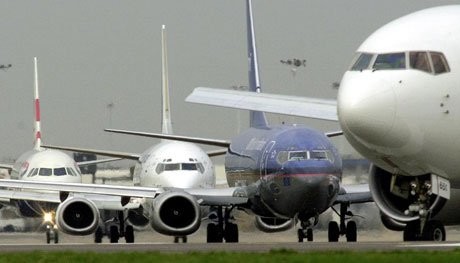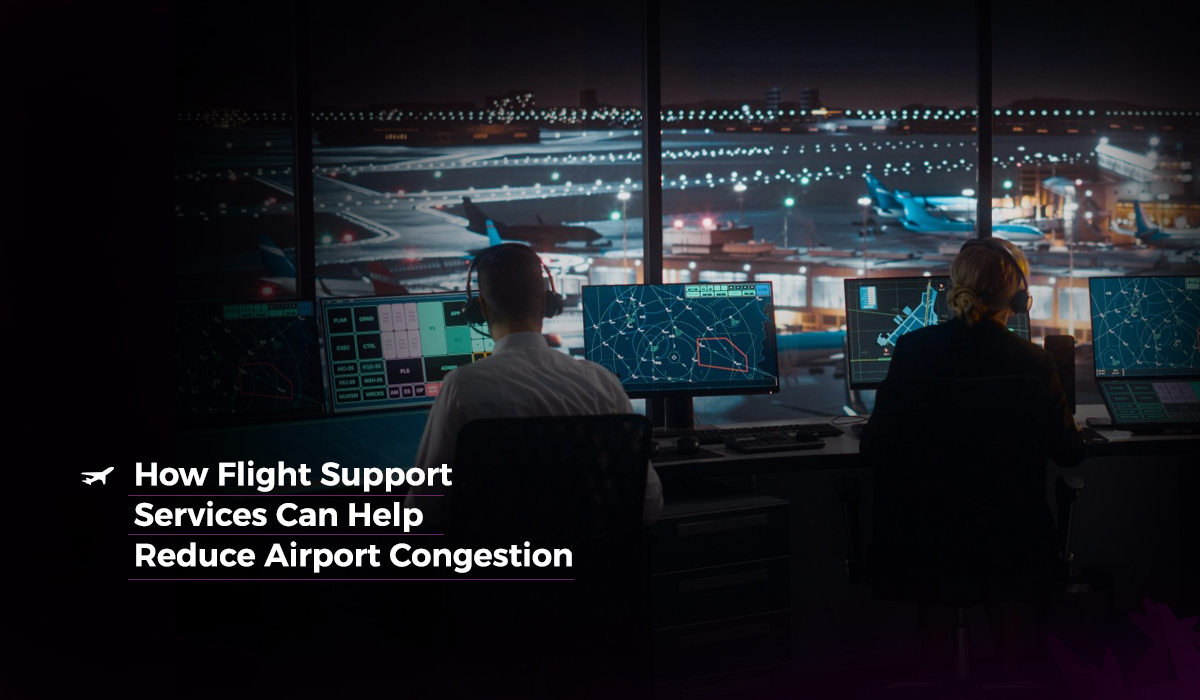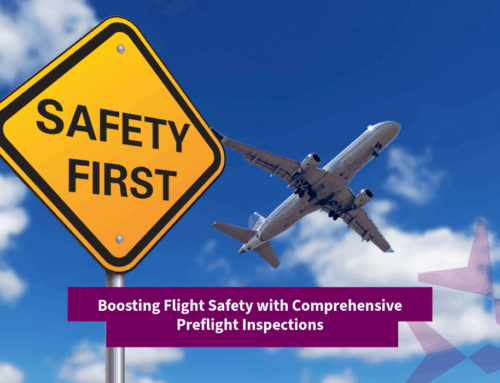How Flight Support Services Can Help Reduce Airport Congestion
Airport congestion is a growing challenge as global air travel continues to increase. Effective flight support services play a crucial role in managing airport operations efficiently, ensuring a seamless experience for airlines, passengers, and airport authorities.

Here’s how these services contribute to reducing airport congestion:
1. Efficient Flight Planning
Flight support teams optimize flight routes, schedules, and airspace usage to prevent bottlenecks. By minimizing delays and optimizing takeoff and landing slots, they ensure smooth traffic flow.
2. Ground Handling Coordination
Flight support services manage ground handling operations, such as fueling, baggage handling, and aircraft maintenance. Streamlined ground operations reduce turnaround times, enabling more aircraft to be accommodated efficiently.
3. Real-Time Communication
Advanced communication systems allow flight support teams to coordinate between pilots, air traffic control, and ground staff. This reduces miscommunication and ensures rapid response to changing conditions.
4. Weather and Airspace Analysis
Flight support providers use sophisticated tools to predict and address weather and airspace constraints. By rerouting flights or adjusting schedules, they prevent disruptions that can lead to congestion.
5. Slot Management
Proper allocation of airport slots ensures that all flights are spaced appropriately. Flight support services help airlines adhere to allocated slots, reducing conflicts and delays.
6. Emergency Management
In cases of emergencies or unexpected situations, flight support services quickly adapt plans and resources to minimize disruption, ensuring a smooth operation for all other flights.
7. Data-Driven Decision-Making
Modern flight support systems rely on real-time data analytics to make informed decisions, allowing for proactive congestion management.
Contact JetMate Aviation:
- Phone: +441228588882
- Email: [email protected]
- Website: jetmate.aero/contact-us/






